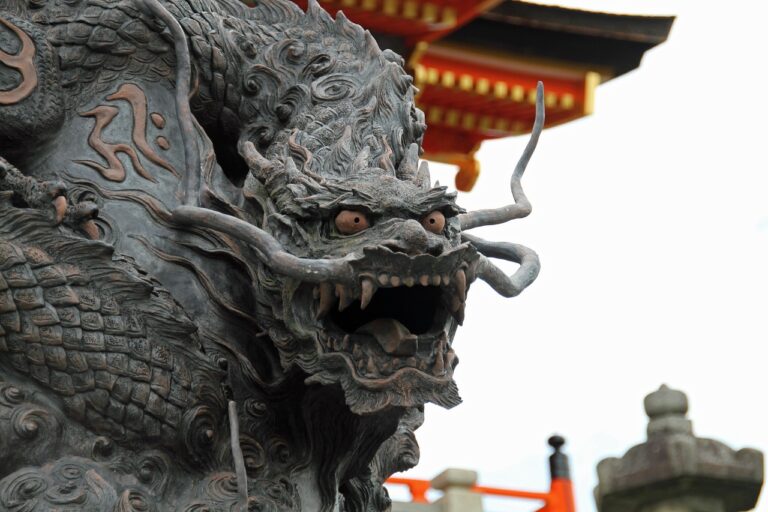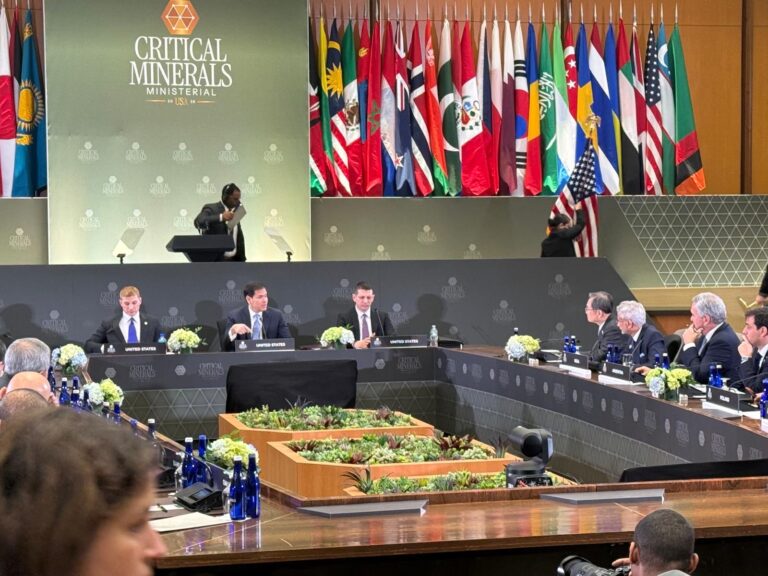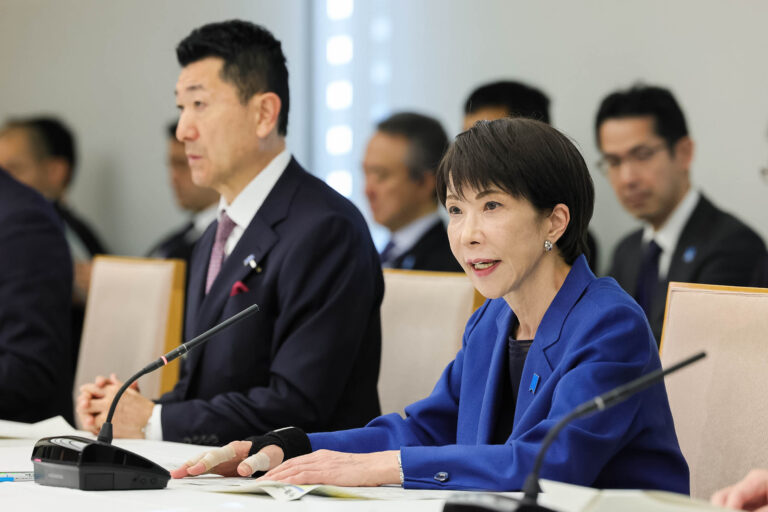
[the_ad_placement id=”adsense-in-feed”]
Geneva: Even when COVID-19 is creating havoc everywhere, the outbreak of another dreaded virus, Ebola, in Democratic Republic of Congo (DRC) is now causing global concern. The World Health Organisation last night took note of the spread of Ebola and stated that the outbreak “continues to increase and to spread geographically”.
Only in late June, DRC had celebrated the end of a genetically distinct Ebola outbreak which had killed more than 2,200 people over two years.
However, in the latest Ebola outbreak, as of now at least 100 cases, with 43 deaths have been reported in 11 health zones across the Equateur province of DRC. The situation has been further complicated by a strike by health workers, which is affecting activities including vaccination and safe burials.
[the_ad_placement id=”content-placement-after-3rd-paragraph”]
This has been the second major Ebola outbreak in Equateur Province in the last two years. Last time it had started in May 2018 but was contained in three months. At that time 54 people had got infected and 33 had died.
What is concerning this time is that currently a delay of about 5 days from the onset of symptoms to when an alert about a suspected case is raised. “This is concerning, because the longer a patient goes without treatment, the lower their chances of survival, and the longer the virus can spread unseen in communities,” WHO Director-General Dr. Tedros Adhanom Ghebreyesus, told mediapersons here. He said WHO and its partners were working intensively in communities to find cases and shorten the delay.
Dr. Ghebreyesus informed that the government of DRC had developed a plan that needed about US$40 million. “We urge partners to support this plan,” he appealed and reiterated the WHO’s support to the DRC government o take a stronger role in the response, and to prepare areas that have not been affected so far. “There continues to be an urgent need for increased human resources and logistics capacity to support an effective response across an ever-expanding geographical area, and to help health officials identify cases earlier,” he added, and warned that this situation “needs to be resolved as quickly as possible”.
Ebola virus, which was discovered near the Ebola River in 1976, causes severe bleeding, vomiting, diarrhoea, organ failure and can lead to death. It spreads by animal or insect bites and even humans by unclean needles or unscreened blood products, and even by kissing or shared drinks as well as by touching a contaminated surface.
However, there have been effective vaccines and treatments that have boosted survival rates. But the problem in DRC remains those areas which are controlled by armed groups and where the response to these vaccines are severely hampered because of the hostile situations.
Still, DRC has the best-trained workforce in the world for Ebola and reports from Congo suggest that as in previous outbreaks, the WHO has implemented a ring vaccination strategy, where contacts of infected individuals are vaccinated, reaching more than 22,600 people to date.
– globalbihari bureau
[the_ad_placement id=”sidebar-feed”]





